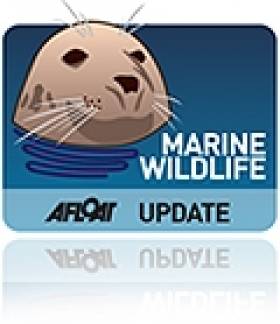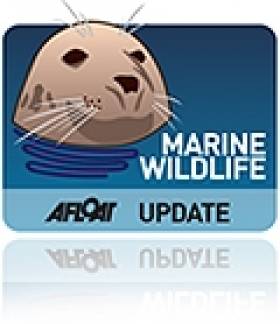Displaying items by tag: ocean sunfish
Sharks And Sunfish Bring Irish Sea To Life At Summer's End
#MarineWildlife - The Irish Sea is providing plenty of big game for sea angling enthusiasts as of late, with impressively sized porbeagle sharks among the recent catches.
As Angling Times reports, Dutch angler Robin Van Da Meer reeled in a 300lb beast off the Antrim Coast just days after Bangor man Brian Menary landed a 360lb specimen from the same boat, Predator 2, out of Red Bay.
But that's just the tip of the iceberg, as Wirral News remarks on the "flurry of exciting wildlife sightings" from the British side of the Irish Sea.
Experts say the warm weather that has mostly persisted since the end of the summer is largely responsible for the increase in sightings of such rare visitors as leatherback turtles, and the enormous ocean sunfish – two of which have been seen outside their usual haunts off the south of England.
According to Emily Baxter of the North West Wildlife Trusts, keen spotters on the Irish Sea coast – or even ferries crossing back and forth – "could be in for an exciting end to the summer".
North Atlantic Killer Whales Feeding on Sunfish Says IWDG
#MARINE WILDLIFE - The Irish Whale and Dolphin Group (IWDG) has recorded another first for the North Atlantic, with evidence showing that killer whales are feeding on ocean sunfish.
Mark Holmes of the Natural History Museum confirmed the presence of parasites unique to the sunfish found within the carcass of a female orca stranded in Doohooma in Co Mayo.
"These parasites did not originate from the whale's stomach, but came from the prey which it had eaten," said the IWDG's Conor Ryan.
"This was confirmed when the partially digested bones in the stomachs were eventually identified as those of a sunfish beak."
The discovery may explain a recent study of UK waters which found sunfish taking unusually deep dives, possibly to avoid cetaceans and other large predators.





























































